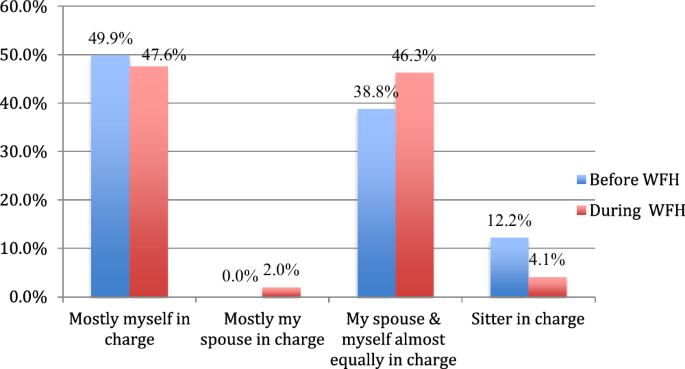
"The pandemic reshaped work dynamics, leading to a significant 60.2% of parents preferring not to continue working from home, citing both benefits and challenges."
"WFH provided opportunities for better childcare management and enhanced family connections, but traditional gender roles remained, with women carrying the majority of family responsibilities."
"The study emphasizes the complexity of work-family integration during WFH, revealing significant role confusion, particularly for women, amidst the blurred boundaries between work and family."
"To create equitable WFH environments, it's crucial to implement gender-neutral workplace practices, profession-specific policies, and establish clear demarcations between work and family."
This study investigates how remote work during the pandemic has affected family dynamics among working parents. It highlights the apparent benefits, such as improved childcare management and strengthened family relationships, against the backdrop of persistent gender roles, where women continue to carry a disproportionate amount of family responsibilities. Despite reports of enhanced productivity from some parents, others faced challenges with disorganization and social isolation. The findings advocate for gender-neutral workplace policies and clear boundaries to promote a more equitable and sustainable work-from-home environment for families.
Read at Nature
Unable to calculate read time
Collection
[
|
...
]